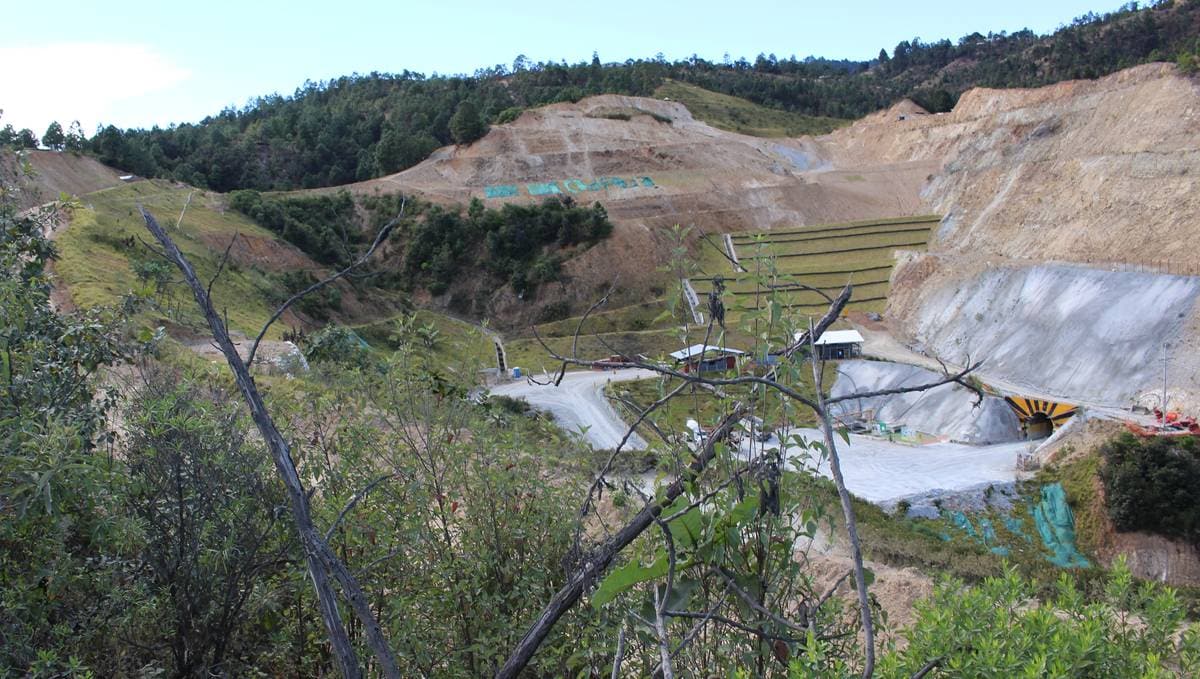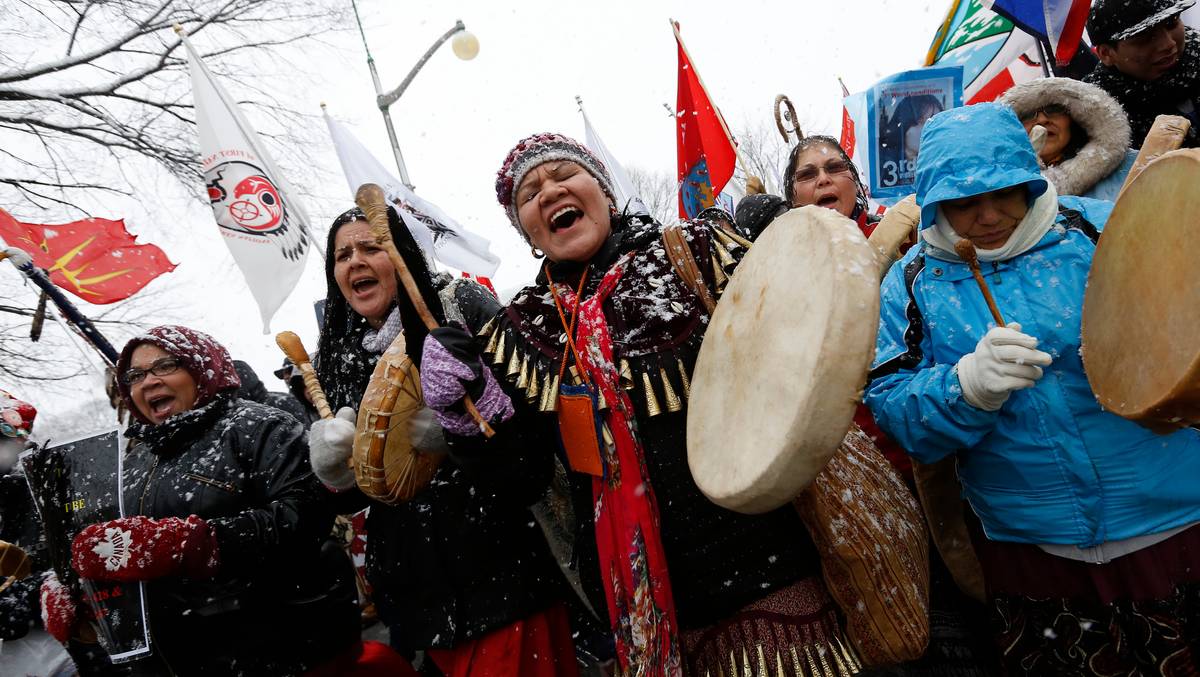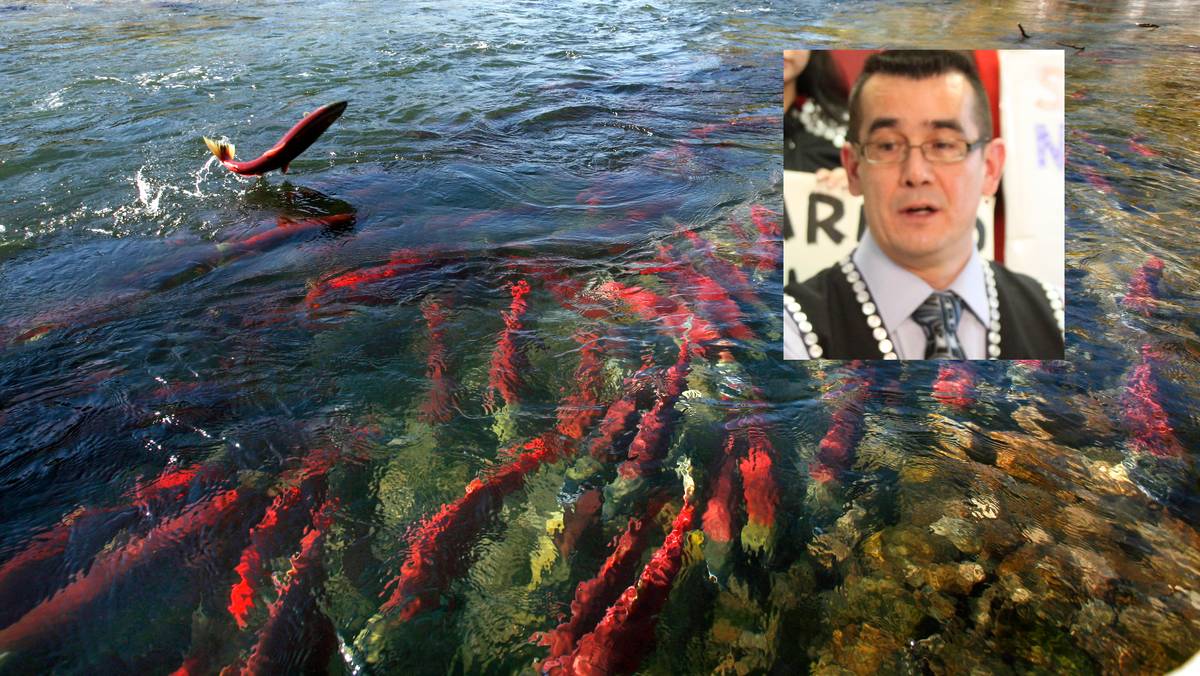Businesses in northern Ontario’s largest city fear the looming end of the Rural and Northern Immigration Pilot (RNIP) program this year will make it harder for them to recruit the employees they need and want that Ottawa make the immigration program permanent.
In an open letter to local MPs, Viviane Lapointe and Nickel Belt Marc Serré, the Greater Sudbury Chamber of Commerce requested that the RNIP become a permanent program of Immigration, Refugees and Citizenship Canada (IRCC).
“If you talk to any business owner and our members, a big challenge they’ve had over the last few years is finding a talented, skilled workforce and the… program is something that facilitates that,” said Geoffrey Hatton, president of the organization. chamber of commerce and president and CEO of Spectrum Telecom Group, was quoted as saying CTV News.
“Twenty percent of our staff is recruited internationally, so this is a big impact for us.”
In the first 11 months of 2023, the RNIP enabled 2,475 foreign nationals to become new permanent residents of Canada, putting the program on track to welcome 2,700 new permanent residents by the end of this year .
Learn more
Canada to cap annual number of international students per province
Immigrant incomes growing faster than Canadians, report finds
Canada in a demographic trap, say Bank experts
This is more than double the 1,345 new permanent residents that RNIP welcomed to participating communities across Ontario, Manitoba, Saskatchewan, Alberta and British Columbia in 2022.
Lapointe is optimistic about the program.
“My northern colleagues and I have advocated for RNIP to become a permanent programme,” she was quoted as saying. “We have seen first-hand the importance of this program and how it is an engine of economic prosperity for our communities.
“I am very encouraged by the results so far and by all the expressions of support from the local community for the program and hope to hear more about the future of the program soon.”
The findings of a report from the Northern Policy Institute, Community Immigration Pilot Brings in Economic “Pennies”: How the Rural and Northern Immigration Pilot is Growing the Local Economy in Thunder Bayhighlight the importance of this immigration program for rural and northern communities.
Watch the video
“The RNIP helps attract immigrants to smaller communities by providing a path to permanent residency,” the report states.
“In turn, this gives communities the opportunity to select workers with the skills most sought after by their local industries and who are most likely to settle and stay in that northern or rural community for the long term.
“In doing so, the RNIP benefits both skilled immigrants and smaller communities.”
RNIP helps 11 communities in five provinces attract immigrants
To be included in the pilot project, communities must:
- have a population of 50,000 or less and be located at least 75 km from the core of a census metropolitan area, or;
- has up to 200,000 inhabitants and is considered remote from other large cities, according to Statistics Canada’s remoteness index.
Here are the communities participating in the pilot program:
| Community | Community site |
| North Bay, Ontario | https://northbayrnip.ca/ |
| Sudbury, Ontario | https://investsudbury.ca/pourquoi-sudbury/move-to-sudbury/rnip/ |
| Timmins, Ontario | www.timminsedc.com |
| Sault Ste. Marie, Ontario | www.welcometossm.com |
| Thunder Bay, Ontario | https://gotothunderbay.ca/ |
| Brandon, Manitoba | www.economicdevelopmentbrandon.com |
| Altona/Rhineland, MB | www.seedrgpa.com |
| Moose Jaw, Saskatchewan | https://www.moosejawrnip.ca/ |
| Claresholm, Alberta | www.claresholm.ca |
| Vernon, British Columbia | https://rnip-vernon-northok.ca/ |
| West Kootenay (Trail, Castlegar, Rossland, Nelson), British Columbia | https://wk-rnip.ca/ |
Applicants for immigration via the RNIP must meet federal and EU eligibility conditions.
Federal requirements include qualifying work experience or an international student exemption.
Applicants must have one year (1,560 hours) of full-time or part-time work experience within the last three years, but it does not have to be continuous or be with a single employer. However, it must include most of the main and essential tasks listed in the National Occupational Classification (NOC) and unpaid and independent hours do not count.
Applicants who are international students are exempt from the requirement to obtain work experience provided they hold a master’s or doctoral degree or:
- has graduated from a postsecondary program of at least two years in the recommended community;
- have studied full-time for two years or more;
- received the title no later than 18 months before the date of application for permanent residence, and;
- they were in the community for at least 16 of the last 24 months spent studying for the degree.
Those who have obtained higher diplomas must still:
- have studied full-time for the duration of their degree in the recommended community;
- obtained the diploma no later than 18 months before applying for permanent residence, and;
- lived in the community throughout their studies.
There are basic minimum language requirements for the RNIP, with the required level based on job classification under the National Occupational Classification system. Applicants must also hold a Canadian high school diploma or equivalent foreign diploma with an accredited Educational Credential Assessment (ECA) report.
Language proficiency can be demonstrated using the Canadian Language Benchmarks (CLB) or Canadian Language Benchmarks (CLB) standards.
These results must be submitted on a designated language test and be less than two years old at the time of application.
Under this program, applicants must demonstrate that they have enough money to support themselves and their family members while they settle into their community. This includes family members who may not come to Canada.
Applicants already working legally in Canada are exempt from settlement fund requirements.
This money cannot be borrowed from another person and proof of funds may include:
- bank account statements;
- documents showing real estate or other investments (such as stocks, bonds, debentures or treasury bills), or;
- documents that guarantee payment of a specified amount, such as bank drafts, checks, traveler’s checks or money orders.

“Explorer. Food advocate. Analyst. Freelance bacon practitioner. Future teen idol. Proud pop culture expert.”







